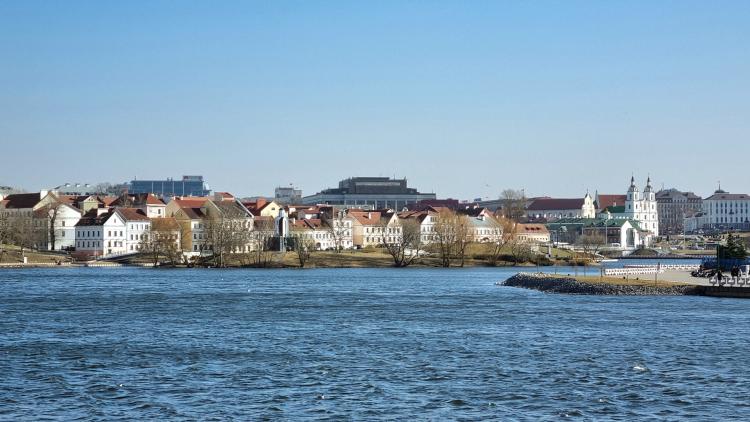
On October 21, 2023, amendments to the Law on Local Government and Self-Government came into force in Belarus, which enshrined in law the mechanism for state support of civic initiatives at the local level, resembling participatory budgeting.
Several regions already announced competitions for financial support for local civic initiatives in 2024. For example, local councils in the Hrodna, Minsk, Mahileu and Homiel regions announced competitions in November.
According to the draft national budget for 2024, about 300,000 euros (1 million 50 thousand rubles) in total will be allocated to regions and the capital city of Minsk, to finance civic initiatives. In addition, the law established that local budgets must allocate the same amount. Thus, in total, about 600,000 euros will be allocated to finance projects awarded in the ongoing competitions - almost a third more than was allocated for civic projects in 2023.
At the same time, the draft budget includes direct budgetary allocations to loyal public associations controlled by or with close links to the state. These allocations occur directly to these few organisations without any competition, and the amounts are significantly higher than those allocated from the budget for competitive distribution. For example, in 2024, the state plans to allocate over 3.5 million euros, without any competition, to the Belarusian Republican Youth Union alone. Social contracting procurement (in use since 2013) and competitive-based support of youth initiatives (enshrined in law since 2022) also remain among the mechanisms for state funding of CSOs in Belarus.
For several years, as a form of an experiment, competitions for the support of civic initiatives were carried out in accordance with the provisions approved by local councils and associations of local councils. Now, their implementation will be regulated by the newly adopted amendments to the Law on Local Government and Self-Government.
The newly introduced Article 36-1 significantly differs from the draft law originally submitted to the Parliament. The draft law required a mandatory minimum number of participants in a civic initiative (10 or more residents could propose a project at the rural level, 20 or more at the urban level, 50 or more at the district level in the city of Minsk, etc.). However, these criteria were removed from the final version of the law, and now even a single resident can submit a civic initiative project. The dominant role of local governments has remained unchanged compared to the draft law - local councils and their associations have the right to announce competitions, approve regulations and criteria for support, and evaluate the proposed projects. The residents themselves are, however, not entitled to participate in the selection of projects, thus their role in this version of participatory budgeting remains passive.
A concerning element of the law is the extremely short timeframe for submitting civic initiative projects to the competitions. For example, in the Homiel and Mahileu regions, applicants only had 2 weeks to develop and submit their projects. They also had to raise at least 10% of the total budget of the civic initiative from own resources or other sponsors: this mandatory co-funding requirement is stated in the law.
Civic initiatives are defined as activities aimed at improving the quality of life of the resident population, including the improvement of public land areas, (re)construction of socially significant objects, general prevention of offences, prevention of injuries and deaths of citizens, as well as the solution of other issues of local significance.
Support for local civic initiatives has long been advocated for by civil society organisations. These changes, however, came at a time when the civil society environment is still marked by mass persecution of people for their civic position and abuse of legal norms against CSOs.
Numerous political prisoners remain behind bars sentenced for long-term imprisonment, often for legitimate civic activities, such as raising donations for human rights causes. Among them is also the Nobel Peace Prize Laureate Alex Bialatski and his colleagues, accused of smuggling foreign grants to finance human rights activities. In 2023 several citizens who donated to human rights initiatives were also prosecuted or forced to make tenfold donations to hospitals and other state social infrastructure facilities. Therefore, it must be noted that despite this welcome change in support for civic initiatives, civil society environment in Belarus remains heavily restricted.
